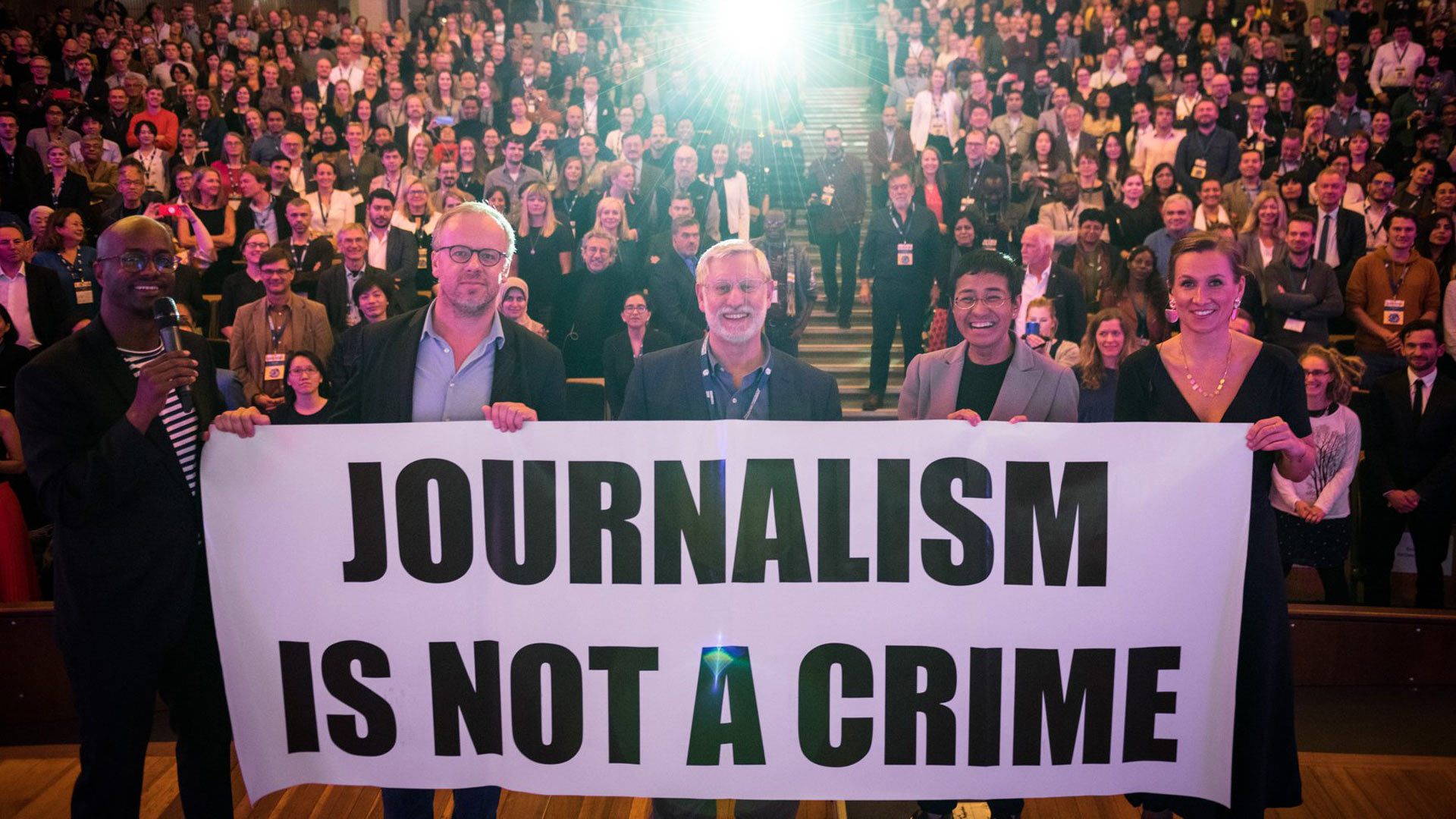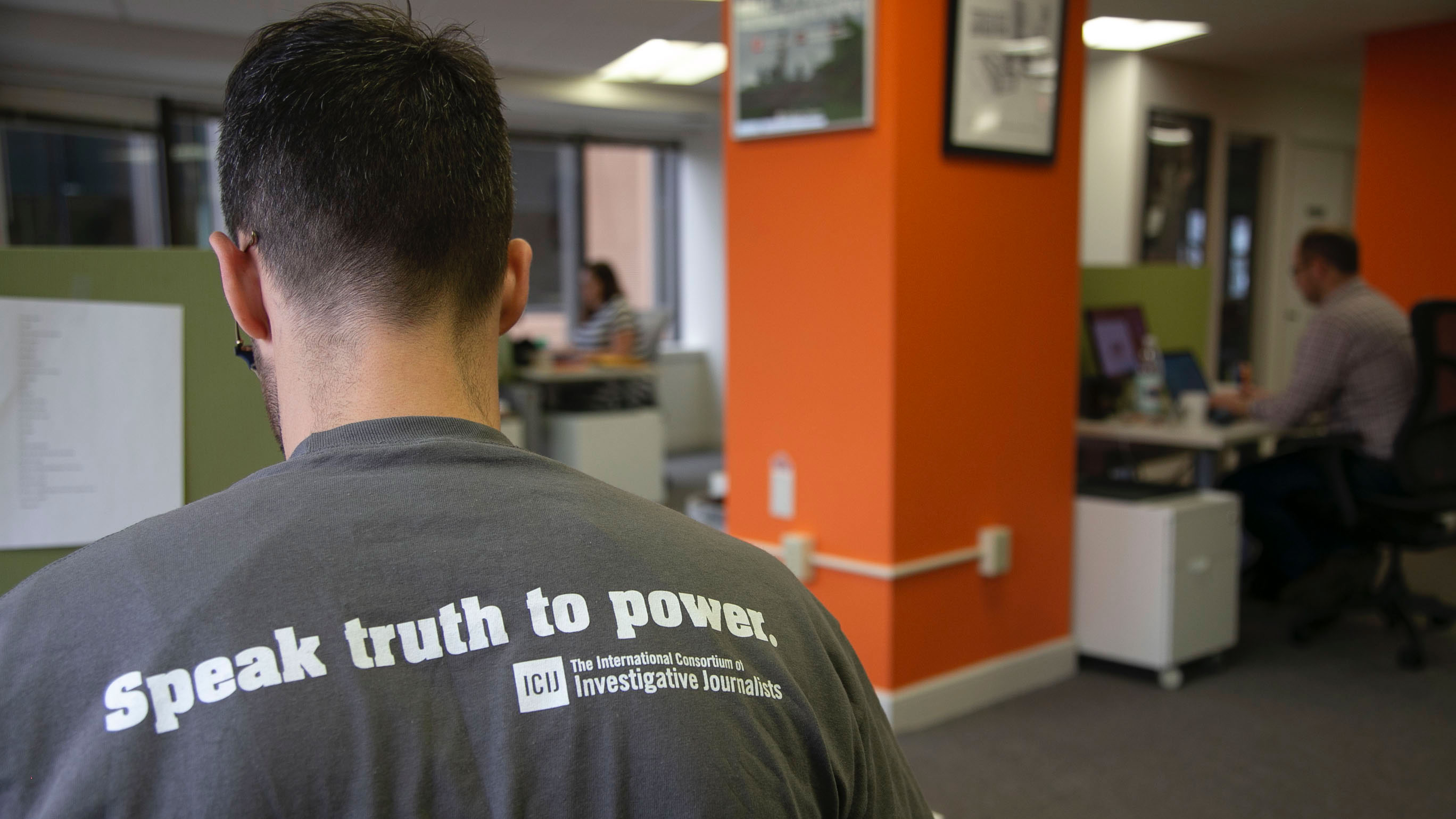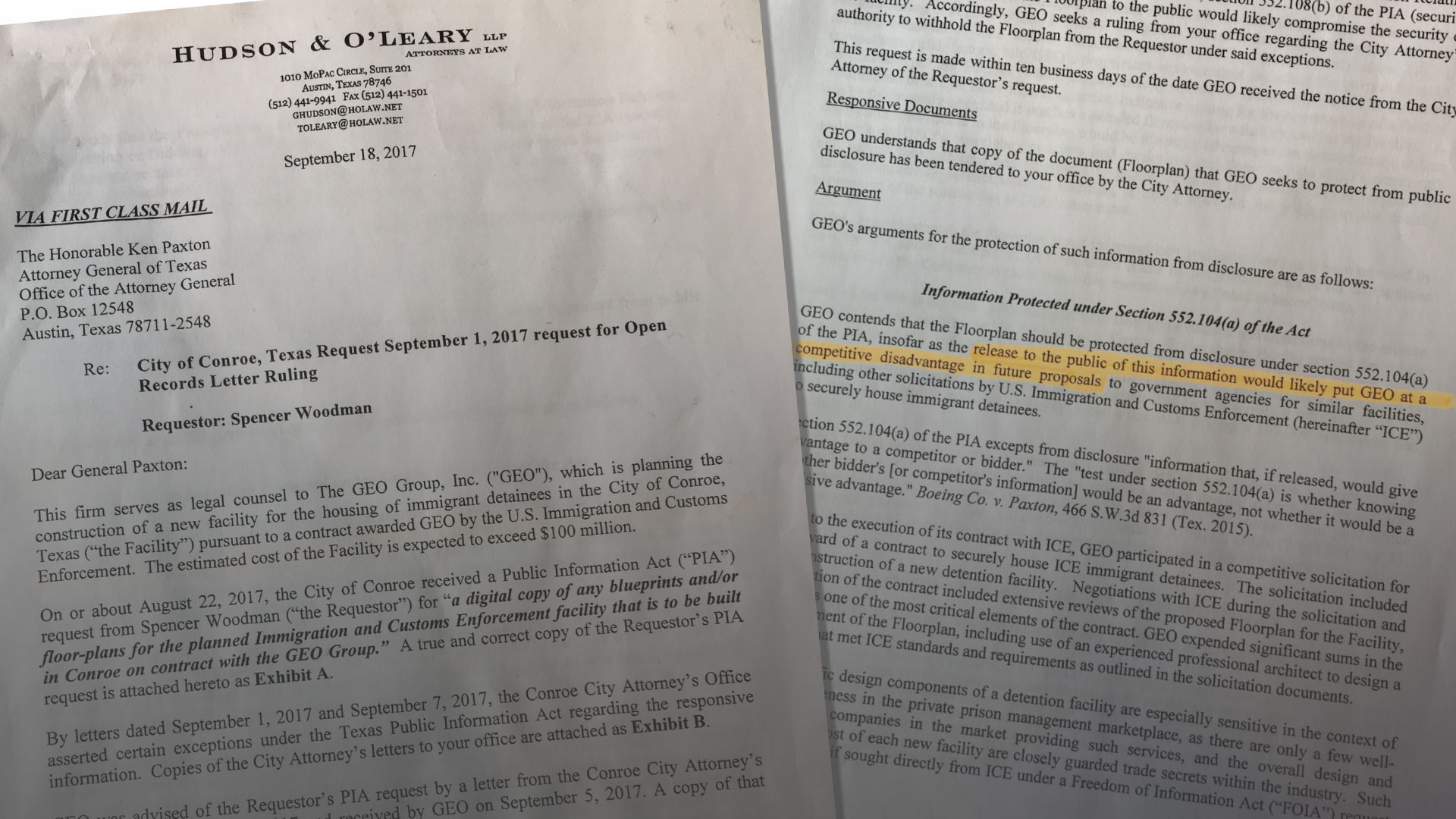Last month, the Global Investigative Journalism Network (GIJN) staged a conference of 1,700 investigative reporters in Hamburg, Germany. No small feat!
The International Consortium of Investigative Journalists team was there to learn from others and share experiences working with hundreds of reporters, ranging from countries with strong media laws to those where journalism is a dangerous profession.
Here are some tips we picked up:
Investigate the enablers
When covering financial misconduct, don’t forget about the lawyers, accountants, bankers and other professionals who often make money laundering, tax evasion and other illicit activities possible. DCReport’s editor David Cay Johnston suggested digging for records in company accounts and speaking to retired regulators to build your story and identify laws or rules that may have been broken.
Look for language patterns
Be alert to language that might signal cover-ups in financial statements, audits and company accounts. In his comprehensive presentation, called “Following the Money,” Nick Mathiason from Finance Uncovered gave examples from his own reporting, including our favorite, the phrase “in the absence of proper accounting records.” (From an actual audit of a company called FastJet, that operates low-cost aircraft in Africa). Nick has this useful presentation.
Understand the science
Devour scientific papers to understand climate change. Reporters need to know the science behind climate change and how to distinguish between what can and cannot be attributed to the term, said science journalist Eduardo Franco Berton. Start with reliable data and findings from the Intergovernmental Panel on Climate Change and try out globalforestwatch.org, Berton advises. Still got questions? Here’s a tipsheet on results-oriented climate change reporting to get you started.
Check every detail
Embrace open source video clips as a tool to expose perpetrators of human rights abuses but beware of fakes, recommended the BBC’s Purity Mukami. Check the same thing multiple times to be sure. Every little details count, said Mukami, who worked on the BBC team that analyzed more than 300 amateur videos showing the violent repression of protestors in Khartoum, Sudan.
Know who you’re questioning
When submitting a freedom of information request (a.k.a a right to information request), know to whom you are writing and be ready to follow-up relentlessly. Toby McIntosh, a GIJN editor, counseled journalists to know the rules of the game before they make information requests. “Befriend low level officials; they often are more sympathetic to openness than higher-ups,” he writes. Read more of his tips here.
Face-to-face meetings for the win
If you are planning to collaborate with other reporters, try to meet in person. Investigative journalists and experienced collaborators (and ICIJ members) like Paul Radu of OCCRP and Newstapa’s Boyoung Lim agreed that sharing information and communicating with reporting partners virtually – through emails or text messages – is not enough to bring a cross-border collaboration to the next level. The best way to build trust is to meet partners in person to discuss leads, doubts and strategy. And, why not, share the dance floor with them! Read Lim’s tipsheet on collaborating in a nutshell.
If you’d like to explore more of what was on offer at the conference, all the tipsheets are available here.



